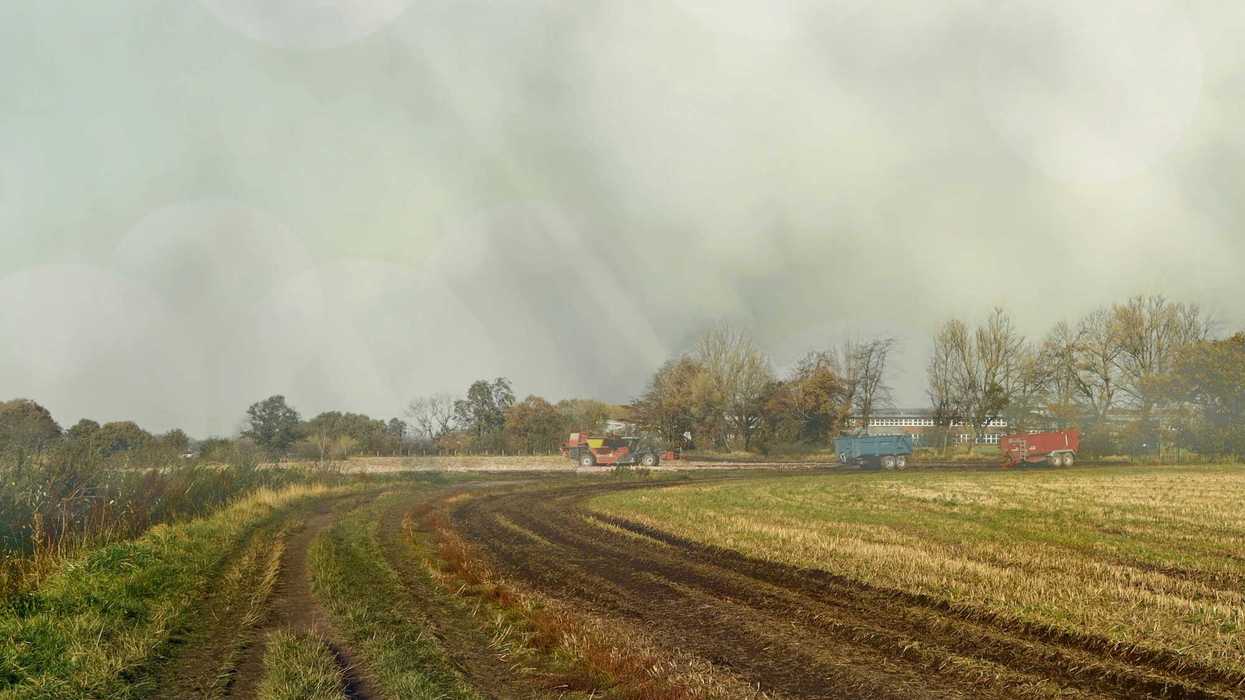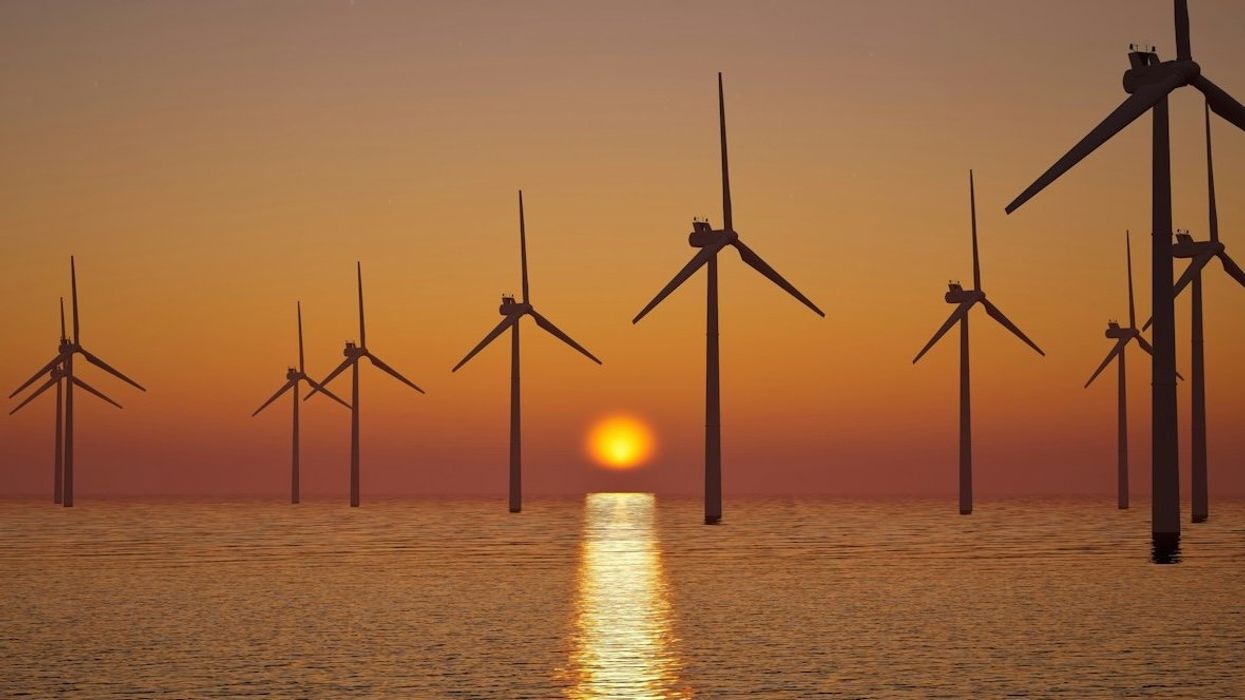Indigenous communities need cultural sensitivity and structural support, not just financial aid, to fairly engage in green energy projects, according to researcher Kimberly Yazzie.
Taylar Dawn Stagner reports for Grist.
In short:
- Indigenous communities require comprehensive support beyond financial aid to ensure equitable participation in green energy projects.
- The approach should integrate flexible project deadlines, enhanced information access, and infrastructure development within tribes.
- Building effective relationships and incorporating cultural insights are vital to avoiding past mistakes and ensuring successful project outcomes.
Key quote:
"There's this history of tribes not getting a fair deal, and so this history needs to be addressed. There's work that needs to be done."
— Kimberly Yazzie, Diné researcher in ecology at Stanford University
Why this matters:
Experts argue there is a strong need for platforms that amplify Indigenous voices in the planning stages of green energy projects. This ensures that the projects align with their values, needs, and priorities, fostering a sense of ownership and increasing the long-term success of these initiatives.














